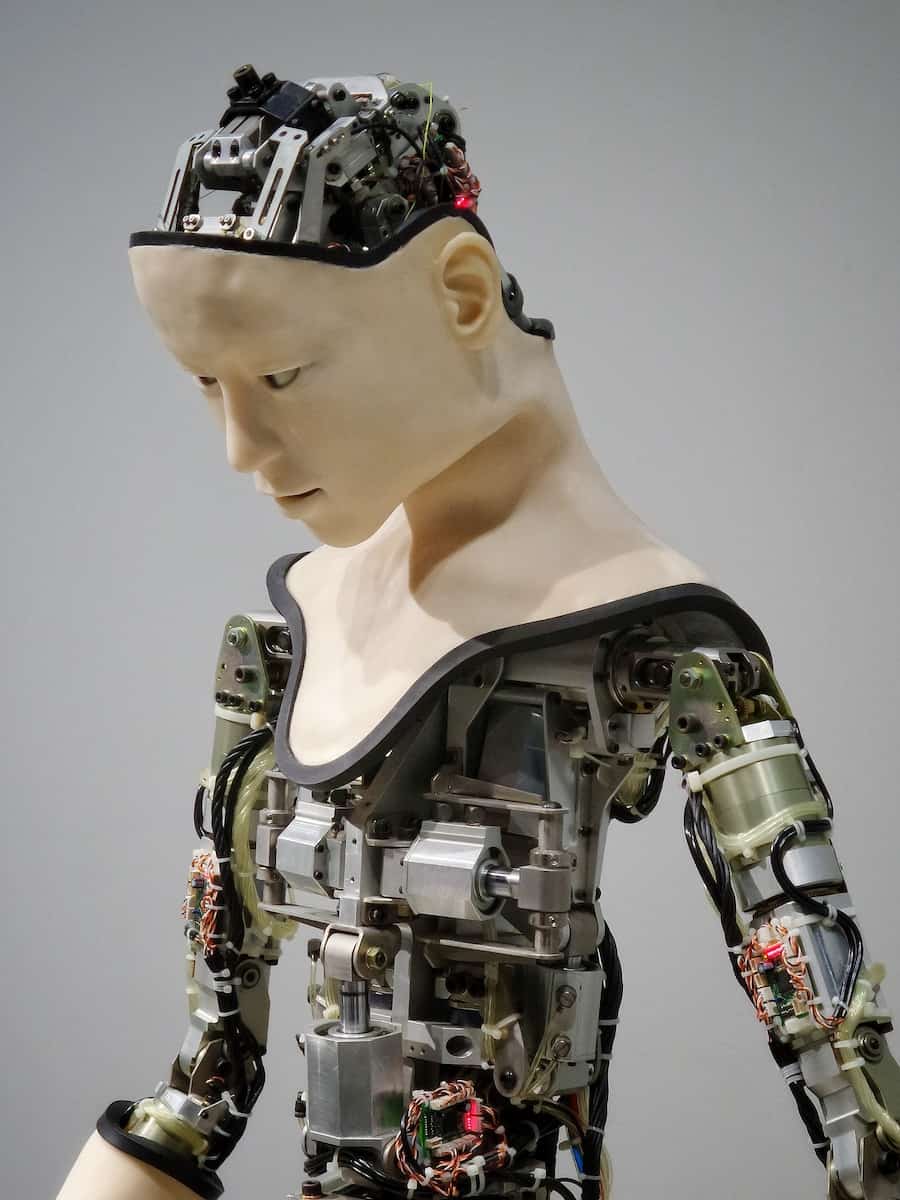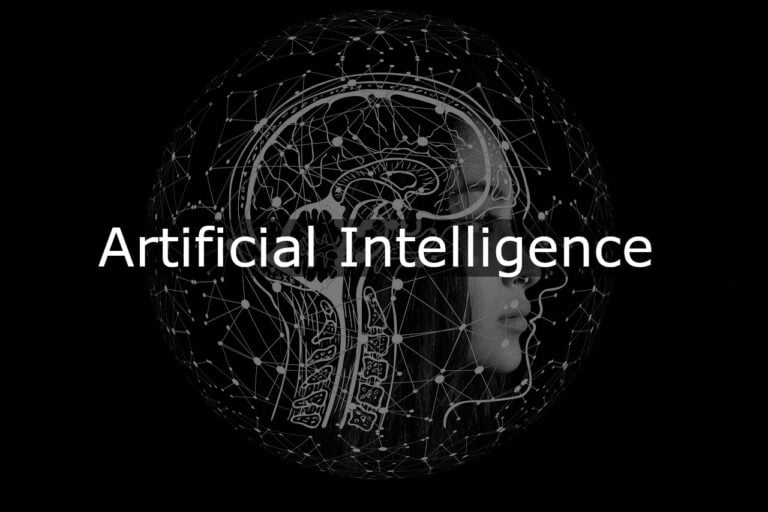Artificial intelligence, or AI, is now a part of everyday life in many ways. People around the world use AI for tasks like unlocking phones with facial recognition and getting product recommendations while shopping online. AI makes daily activities easier and has a big impact on different industries. It improves operations, supports human abilities, and customizes experiences, acting as a helpful tool in our routines.
As technology evolves, AI is growing beyond its usual areas. In healthcare, AI helps doctors diagnose and plan treatments. In finance, it enhances security and offers personalized financial advice. These improvements in AI affect both personal and work life, leading to better efficiency, accuracy, and decision-making support.
AI also changes how we communicate and connect with others. It processes large amounts of data to help people make informed choices. This simplifies complicated processes into easy-to-use applications. As a result, we can interact with technology more naturally, boosting productivity and helping to build stronger human connections.
How Everyday Life Embraces AI
Artificial intelligence (AI) has quietly become a part of our lives. From our smartphones to our homes, AI enhances our experiences in a variety of ways. Let’s look at some common applications of artificial intelligence in daily life.

Smart Assistants on Your Phone (and Not Just Your Phone)
Siri, Alexa, and Google Assistant are some well-known AI companions. They help with simple tasks and give you information quickly. You might ask what the weather is, or to play a song. You might even ask your smart device to control your lights or other connected devices in your smart home.
Personalized Recommendations
Ever notice how your favorite streaming services seem to know exactly what you like? That’s AI at work. Companies use your past viewing history and preferences to suggest movies and shows you’ll probably enjoy. This same technology powers online shopping recommendations, suggesting products tailored to your interests.
Enhanced Navigation
Navigation apps like Google Maps and Waze use AI extensively. They monitor real-time traffic, accidents, and road closures, helping you find the quickest route to your destination. They can even offer you alternatives based on your personal needs, like suggesting routes with bike lanes.
Fighting Email Spam
AI is a powerful weapon against the flood of spam emails we all face. Mail programs carefully analyze the content and sender information to learn what those junk emails look like. They then automatically block similar messages in the future, making sure your inbox stays organized.
Improved Healthcare
AI is playing an increasingly important role in healthcare. Here are a couple of examples:
- Medical Imaging Analysis: AI helps doctors analyze medical scans more quickly and accurately, aiding in the detection of diseases.
- Robot-Assisted Surgery: Robots equipped with AI-powered technology help surgeons perform precise, minimally invasive procedures.
| Application | How AI Makes a Difference |
|---|---|
| Smart Assistants | Provides quick information, responds to voice commands, helps with basic tasks |
| Recommendations | Analyzes user preferences to offer personalized suggestions for movies, shows, and products |
| Navigation | Optimizes routes based on real-time traffic, helps find the fastest way to get around |
| Spam Filters | Identifies and blocks unwanted emails, keeping your inbox cleaner |
| Medical applications | Improves accuracy of medical image analysis, assists with surgical procedures |
AI is constantly evolving, so we can expect even more exciting and innovative applications of this technology in the future.
Key Takeaways
- AI is a critical part of everyday technology, affecting both personal convenience and industry efficiency.
- The technology behind AI is continuously evolving, leading to innovative applications across various sectors including healthcare and finance.
- Improved communication and decision-making support are some of the notable benefits of AI’s integration into social interactions and daily activities.
Impacts of AI on Various Industries
AI technology is reshaping the landscape of various industries, from health and medicine to transportation and finance.
Healthcare Advancements
AI in healthcare is making waves. Companies use AI for accurate diagnoses and to speed up drug discovery. Chatbots offer quick patient support. AI helps doctors with treatment plans. Patients get better care and can save on health costs.
Transforming Transportation
Transportation is going hi-tech. AI helps in developing self-driving cars. This makes travel safer and more efficient. People and goods now move faster and with less hassle.
Innovations in Retail and Customer Service
AI changed how we shop. Retail stores use AI to suggest products. Customer service uses chatbots. They guide shoppers and help with issues. This boosts sales and customer happiness.
Agriculture and Resource Management
Farms are getting smarter. AI helps farmers track crops and manage resources. This leads to more food and less waste. AI helps feed more people using fewer resources.
Finance and Budget Management
AI is a game-changer for finance. It helps companies manage income and budget. AI tools predict market trends. People and businesses can save money and plan better for the future.
AI in Communication and Social Interaction
Artificial intelligence has reshaped how we interact and communicate. It aids in understanding and processing human language, making everyday interactions simpler and more efficient.
Smart Assistants and Voice Recognition
AI-driven voice assistants like Siri, Alexa, and Cortana understand speech. They help users perform tasks without typing. These tools use natural language processing and machine learning to improve over time.
Social Media Dynamics
On platforms such as Facebook, Twitter, and Instagram, AI monitors user interaction. It tailors feeds and ads to individual tastes. Bots can sometimes spread spam or disinformation, but AI also combats these issues by flagging suspicious activity.
Tackling Online Challenges
To fight challenges like cyberbullying, AI tech is trained to spot harmful patterns. It can also detect and remove spam from users’ inboxes. These AI systems are constantly learning to better safeguard users’ online experience.
Enhancing Accessibility and Equity
AI in communication tools can break down barriers and foster equity. It translates languages and offers voice-to-text for those who are unable to type. AI strives to limit discrimination and inequality, yet it’s a work in progress needing conscious effort to ensure fairness.
Frequently Asked Questions
Artificial intelligence touches many parts of daily life. This section answers some common questions about its use in various fields.
How is artificial intelligence integrated into home automation systems?
Smart homes use AI to learn routines and adjust settings. It controls lights, thermostats, and even fridges to improve comfort and save energy.
What are the benefits of artificial intelligence for personal finance management?
AI assists with budgeting and detects unusual account activity. It helps people save money and manage their finances better.
In what ways does artificial intelligence enhance healthcare services?
AI supports doctors by analyzing data to diagnose diseases faster. It also personalizes treatment plans for patients, improving healthcare outcomes.
How do recommendation algorithms in streaming services use artificial intelligence?
Streaming services apply AI to analyze viewing habits. They suggest shows and movies that align with individual tastes.
What role does artificial intelligence play in the development of smart cities?
AI helps manage traffic flow and conserves energy in smart cities. It also improves public services by analyzing patterns in data.
How does artificial intelligence contribute to advancements in transportation and logistics?
AI predicts delivery times and finds the best routes for shipping. This reduces costs and speeds up the transportation of goods.






